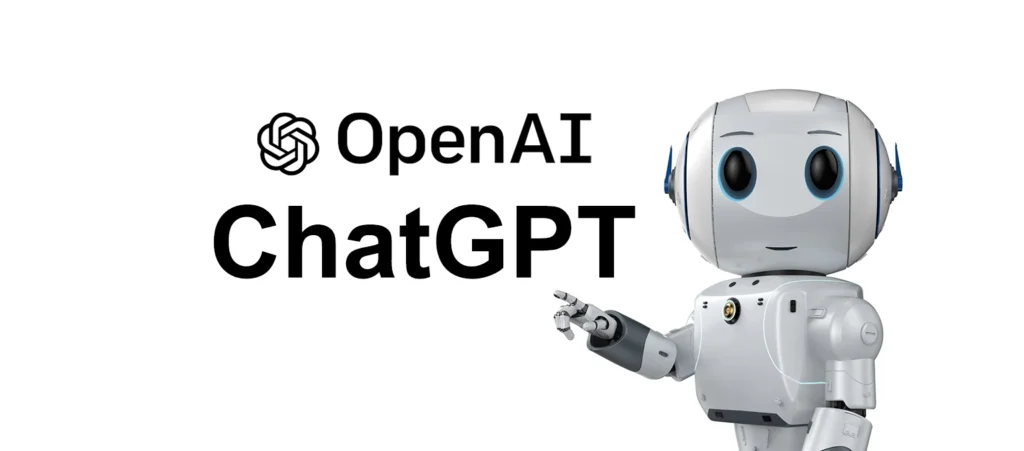
OpenAI has recently published a comprehensive research report investigating whether its AI chatbot, ChatGPT, exhibits discrimination or stereotypes in its responses based on users’ names. Utilizing its advanced AI model, GPT-4o, the study analyzed vast amounts of conversational data to assess the presence of “harmful stereotypes” in the chatbot’s interactions. These findings were subsequently validated by human reviewers to ensure accuracy.
The report features screenshots from legacy AI models, illustrating previous discrepancies in responses based solely on users’ names. In earlier iterations of ChatGPT, users with male names often received advice on engineering projects and life hacks, while those with female names were typically offered guidance on childcare and cooking, highlighting a significant gender bias.
However, OpenAI’s findings indicate a marked improvement in the current model. The report claims that ChatGPT now provides consistently high-quality responses, regardless of whether a user’s name is associated with a particular gender or ethnicity. The prevalence of harmful stereotypes in responses has dropped significantly, with only about 0.1 percent of GPT-4o’s outputs reflecting such biases. Interestingly, the report notes that conversations centered on entertainment are more prone to stereotypical responses, with approximately 0.234 percent exhibiting bias based on names. This represents a substantial decrease compared to earlier models, where the rate of stereotyped responses could reach up to 1 percent.




